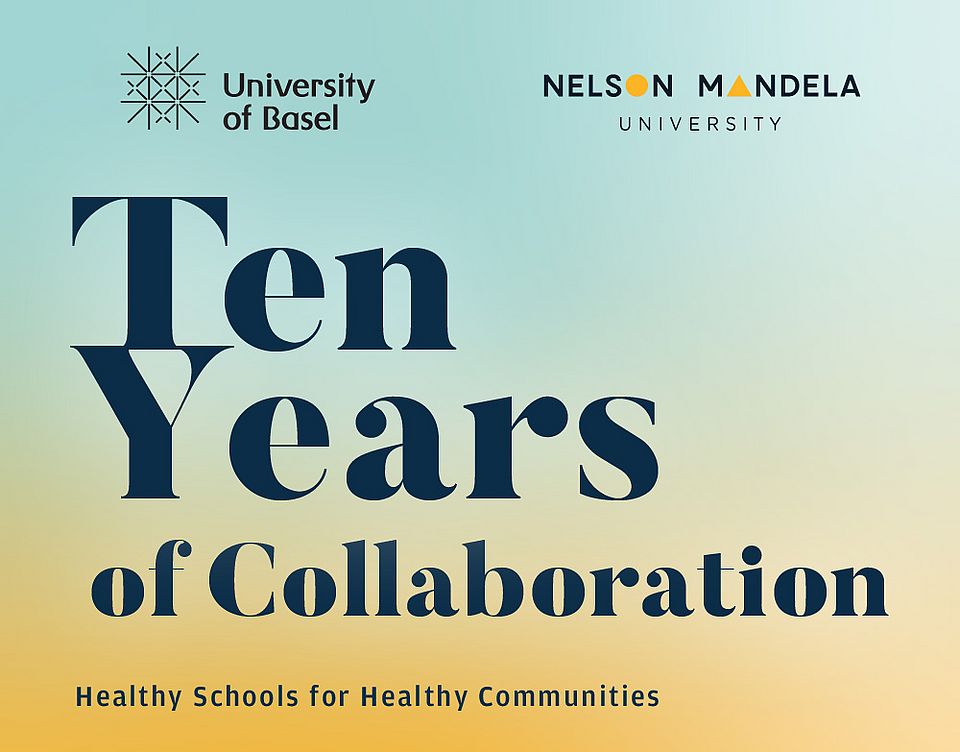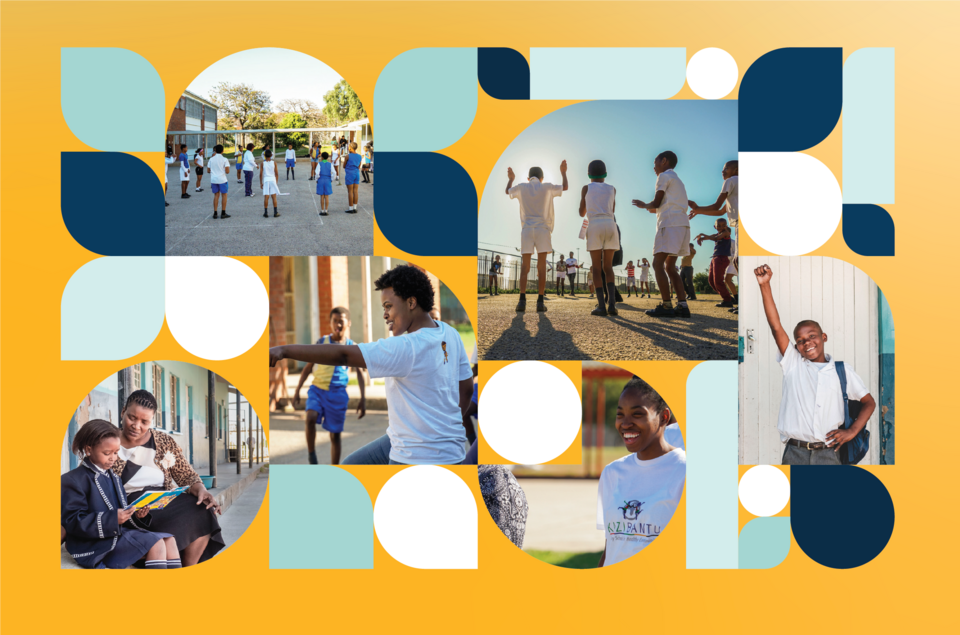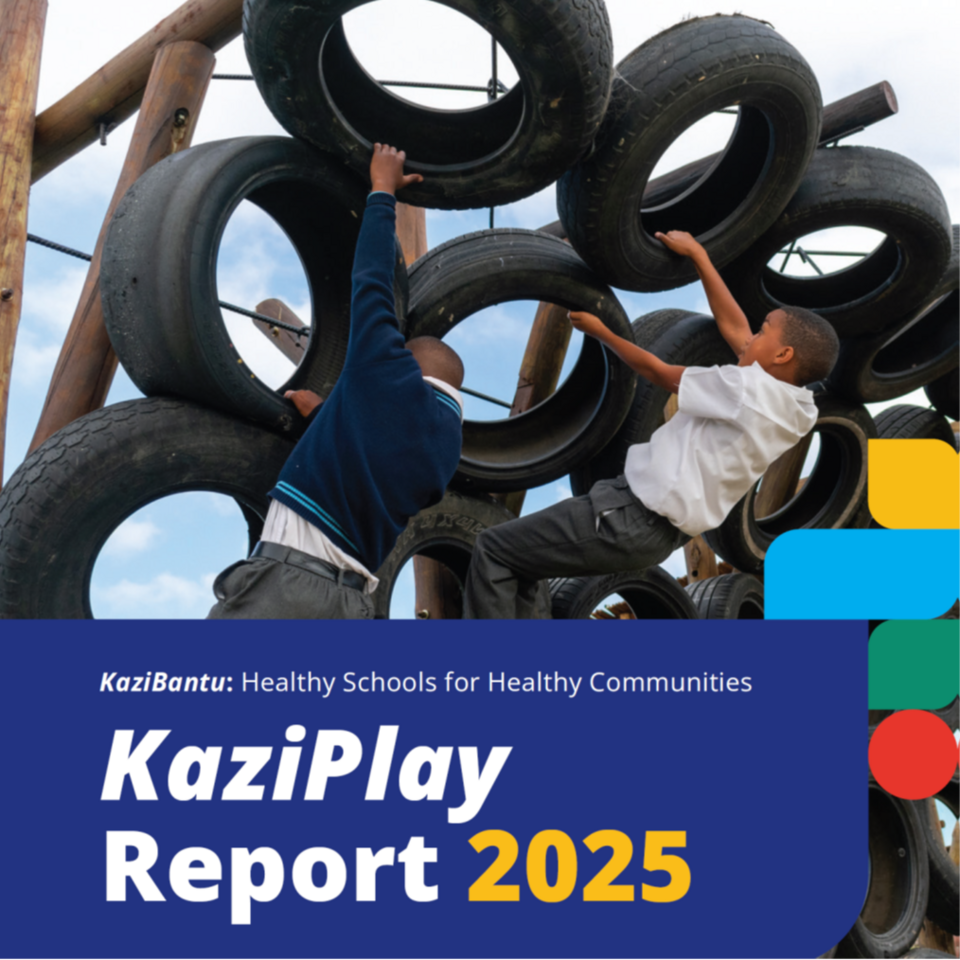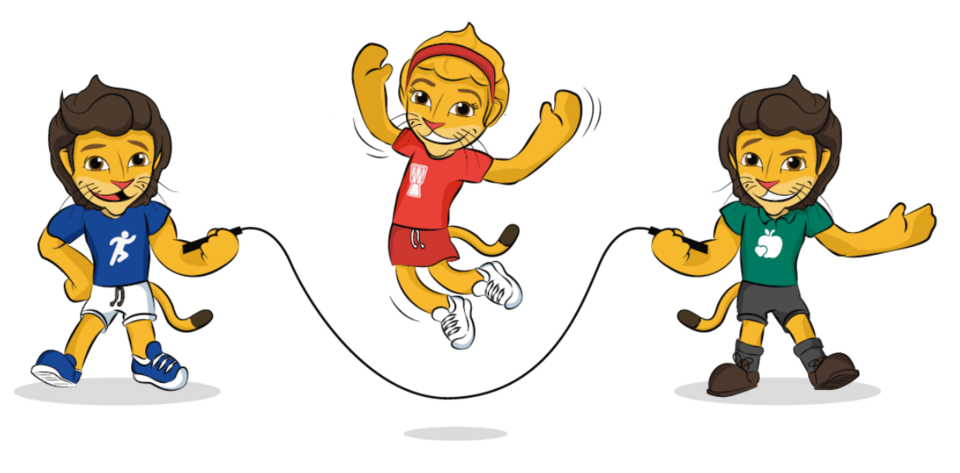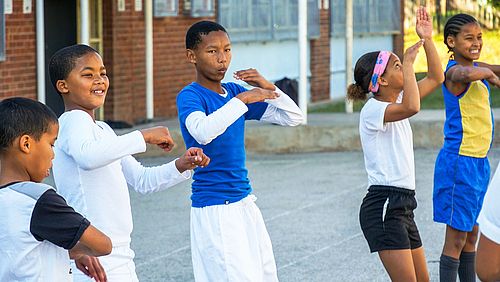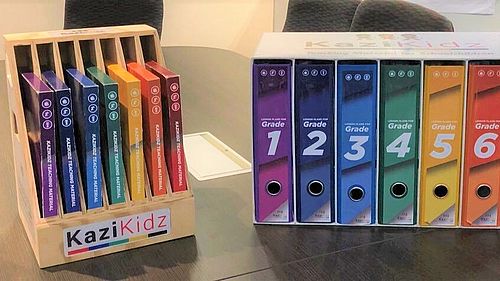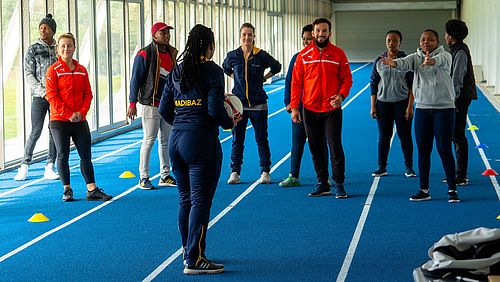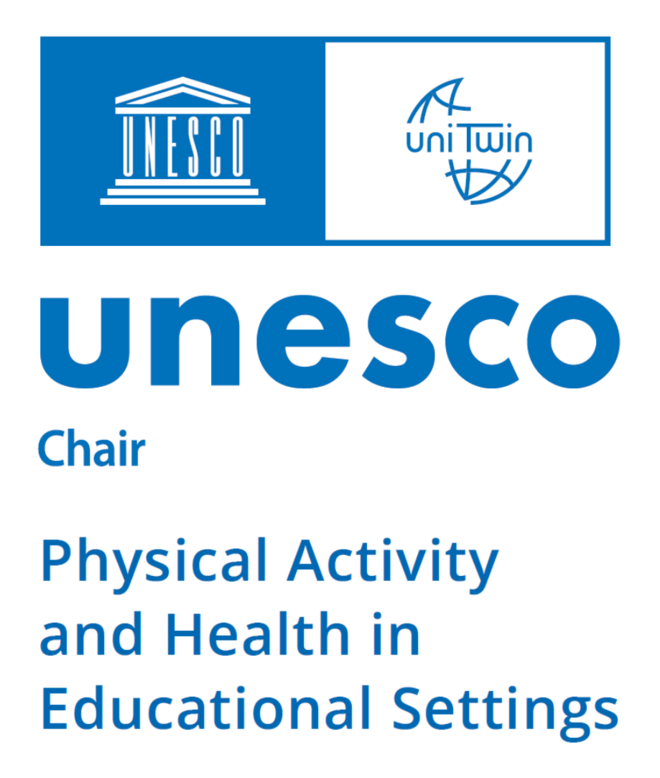UNESCO Chair on 'Physical Activity and Health in Educational Settings'
News from the Chair
Exercise is the key not only to physical health but to peace of mind. Education is the most powerful weapon to change the world.
Nelson Mandela (1918 – 2013)
- Research and teaching unit at the University of Basel, Basel, Switzerland, and the Nelson Mandela University, Gqeberha (formerly known as Port Elizabeth), South Africa.
- Established by an agreement in 2019 between UNESCO, Paris (France), and the University of Basel, Basel (Switzerland).
- Committed to go beyond disciplinary boundaries and to relate our work to global challenges.
This UNESCO Chair mobilizes expertise of higher education and research institutions to address the interdependent challenges of today’s increasingly complex world
Furthermore, this UNESCO Chair contributes to strengthening higher education systems and fostering collaborative research partnerships and networks. Through its integrated approach that combines research, teaching and training, as well as community engagement, the Programme has proven value in advancing UNESCO’s interdisciplinary knowledge generation and the Organization’s role as global observatory and as a laboratory of ideas. It has established new teaching programmes, generated novel ideas through research and dialogue, and contributed to the enrichment of existing higher education partnerships and networks. Mostly, it has inspired generations of students and researchers to align their work with UNESCO in support of the ideals of the Organization.
As the world faces a broad set of emerging technological, social, political, and environmental disruptions, the UNESCO Chair Programme is needed more than ever to advance the mission of UNESCO and its intellectual role within the United Nations, to contribute towards sustainable development. This UNESCO Chair acts as a think tank and bridge-builder between the academic world, civil society, local communities, research and policy-making thereby strengthening UNESCO’s research-training-policy-society nexus. The activities and projects undertaken by this UNESCO Chair aspire to foster public intellectual debate, ethical reflections, standard setting, research and scientific progress, open knowledge and information, and education in a spirit of international mutual cooperation.
Quick Links

